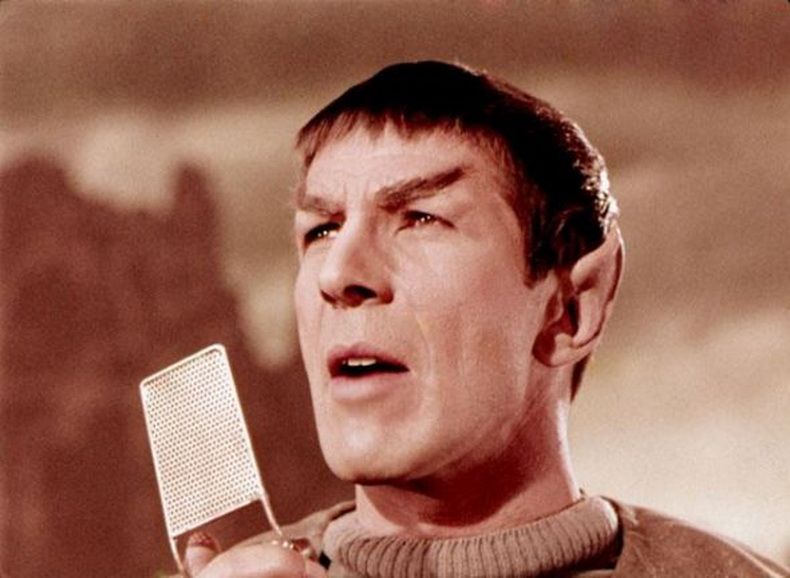Ok simply question, how much do you think tecnological inventions have been driven by fiction writers, and can anyone think of any inventions that only exist because the inventor/scientist read the fiction and thought 'wow, I wonder if we could actually make that?'.
Actual examples much appreciated!
Actual examples much appreciated!



Comment